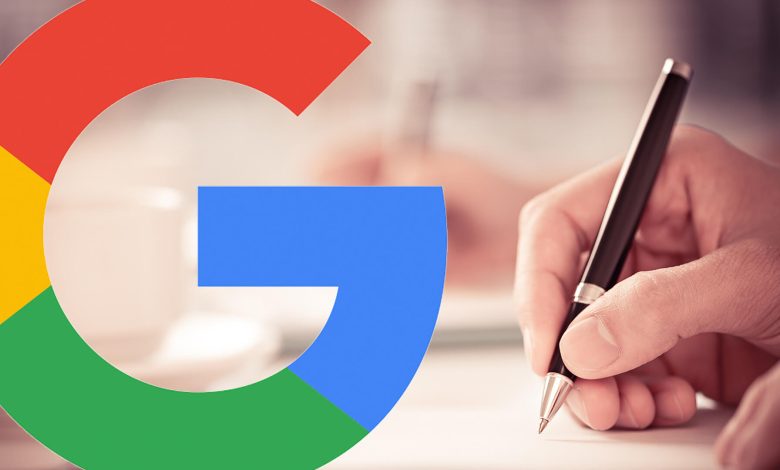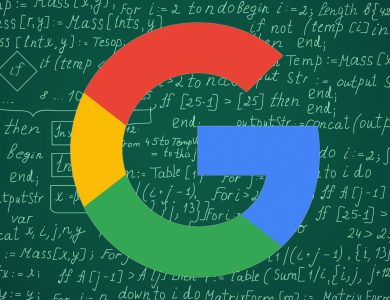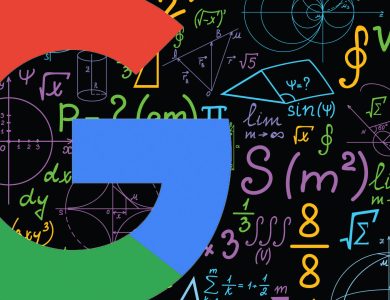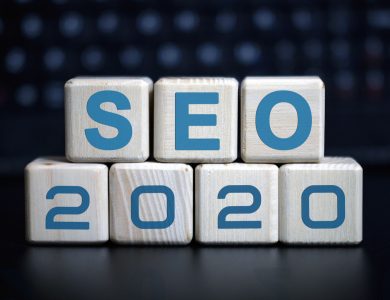Google’s New Helpful Content Update Targets Sites Prioritizing Search Engine-First Content

Google is about to launch a new and large search algorithm update, called the helpful content update.
The helpful content update will target websites that have a relatively high amount of unsatisfying or unhelpful content, where the content has been written for search engines rather than humans.
This update, which will start rolling out soon, will have a meaningful impact on the search results, a source told us.
What is Google’s helpful content update?
Google’s new helpful content update specifically targets “content that seems to have been primarily created for ranking well in search engines rather than to help or inform people.”
The purpose of this algorithm update is to help searchers find “high-quality content.” Google wants to reward better and more useful content that was written for humans and to help users.
Content written for the purpose of ranking in search engines – what you might call “search engine-first content” or “SEO content,” has been frequently written about lately and discussed across social media.
In short, searchers are getting frustrated when they land on unhelpful webpages that rank well in search because they were designed to rank well.
This new algorithm aims to downgrade those types of websites while promoting more helpful websites, designed for humans, above search engines.
This is an “ongoing effort to reduce low-quality content and make it easier to find content that feels authentic and useful in search.”
When will Google’s helpful content update launch?
The update will start rolling out next week. It will take up to two weeks to fully roll out.
What types of content will the helpful content update impact?
While these algorithms do not specifically target any niche, certain types of content may be impacted the most:
- Online educational materials.
- Arts and entertainment.
- Shopping.
- Tech-related.
This is because content written in those areas has historically been written more for search engines than humans.
Based on analysis, those areas may be more impacted by this update than others.
For example, if you search for information about a new movie, you might have previously encountered articles that aggregated reviews from other sites without adding perspectives beyond what’s available elsewhere. This isn’t very helpful if you’re expecting to read something new. With this update, you’ll see more results with unique information, so you’re more likely to read something you haven’t seen before.
Google’s Search Liaison Danny Sullivan elaborated on Twitter about what they meant by “online education,” stating it’s generally tutorial content meant to teach something rather than formal courses, but not focused on any particular area.
Helpful content update is a sitewide algorithm
Unlike many Google algorithms applied on a page-by-page basis, this new update will be sitewide. If your site produces a relatively high amount of unhelpful content designed for search ranking, your whole site will be impacted.
This will affect not just individual pages or sections of your site but the entire site.
Google didn’t specify what percentage of pages need to be helpful versus unhelpful to trigger this classifier, but if a significant portion of your site is unhelpful, even your helpful content will be affected.
Removing unhelpful content could help the rankings of your other content.
How to build human-first content – Google’s advice
Google has provided a list of questions to help create content rewarded by the update:
- Do you have an audience that would find the content useful if they came directly to you?
- Does your content demonstrate first-hand expertise and knowledge?
- Does your site have a primary purpose or focus?
- Will someone leave feeling they’ve learned enough about a topic?
- Will someone leave feeling like they’ve had a satisfying experience?
- Are you keeping in mind the guidance for core updates and product reviews?
In avoiding search-engine-first content, consider these questions:
- Is the content primarily to attract search engine traffic, rather than for humans?
- Are you producing lots of content on different topics in hopes that some will perform well in search results?
- Are you using extensive automation to produce content?
- Are you merely summarizing what others have said without adding value?
- Are you writing about trending topics without genuine interest or expertise?
- Does your content leave readers feeling they need to search again for better information?
- Are you writing to a particular word count because you believe Google has a preferred word count?
- Are you entering niche topics without real expertise just to get search traffic?
- Does your content promise answers to questions that actually have no answer?
It could take months to recover
This algorithm will run automatically and the scores or classifiers will continue to update continuously.
If a site gets hit by this update, it can take several months to recover. Sites need to prove over time that they no longer publish content solely to rank in search engines, and this takes time.
The validation period is automated and while Google updates scores for its classifiers on an ongoing basis, making changes today likely won’t be reflected in rankings for several months.
Google mentioned:
- “Sites identified by this update may find the signal applied to them over months. Our classifier runs continuously, allowing it to monitor newly-launched and existing sites. As it determines that unhelpful content has not returned in the long term, the classification will no longer apply.”
Google is using machine learning to identify unhelpful content
A new machine learning algorithm is being used to evaluate and identify unhelpful content. The algorithms should improve over time through regular tweaking and enhancements.
The update looks at a variety of signals about the page and site to determine rankings, although the specific signals were not disclosed.
Quality raters validated
Quality raters validated these new results, confirming that this system improves search quality. This is done for most ranking and user experience improvements made to search, though quality raters do not directly influence the rankings.
English searches only
This update will initially launch for English-language searches globally, with plans to expand to other languages in the future.
Search-only right now
This update targets only Google search right now. However, there may be plans to cover additional products in the coming months.
Will the helpful content update be as significant as Panda?
The Google Panda update of February 2012 forever changed SEO strategies. Now built into the core update, it is still used today.
This update sounds similar and may cause a fundamental shift in SEO content strategy, but time will tell how significant it will be over the next few weeks.
Why we care
This update will likely be significant and SEOs will look back at it as a catalyst for change in SEO content strategy. It is too soon to predict the impact on search results, your site, or your clients’ sites.
As the update rolls out, monitor your analytics and consider reevaluating your content strategy based on the advice provided.
We’ll continue reporting on all the latest developments around the helpful content update.
Get the newsletter search marketers rely on.
See terms.
You can read Google’s official announcement on their platform.



